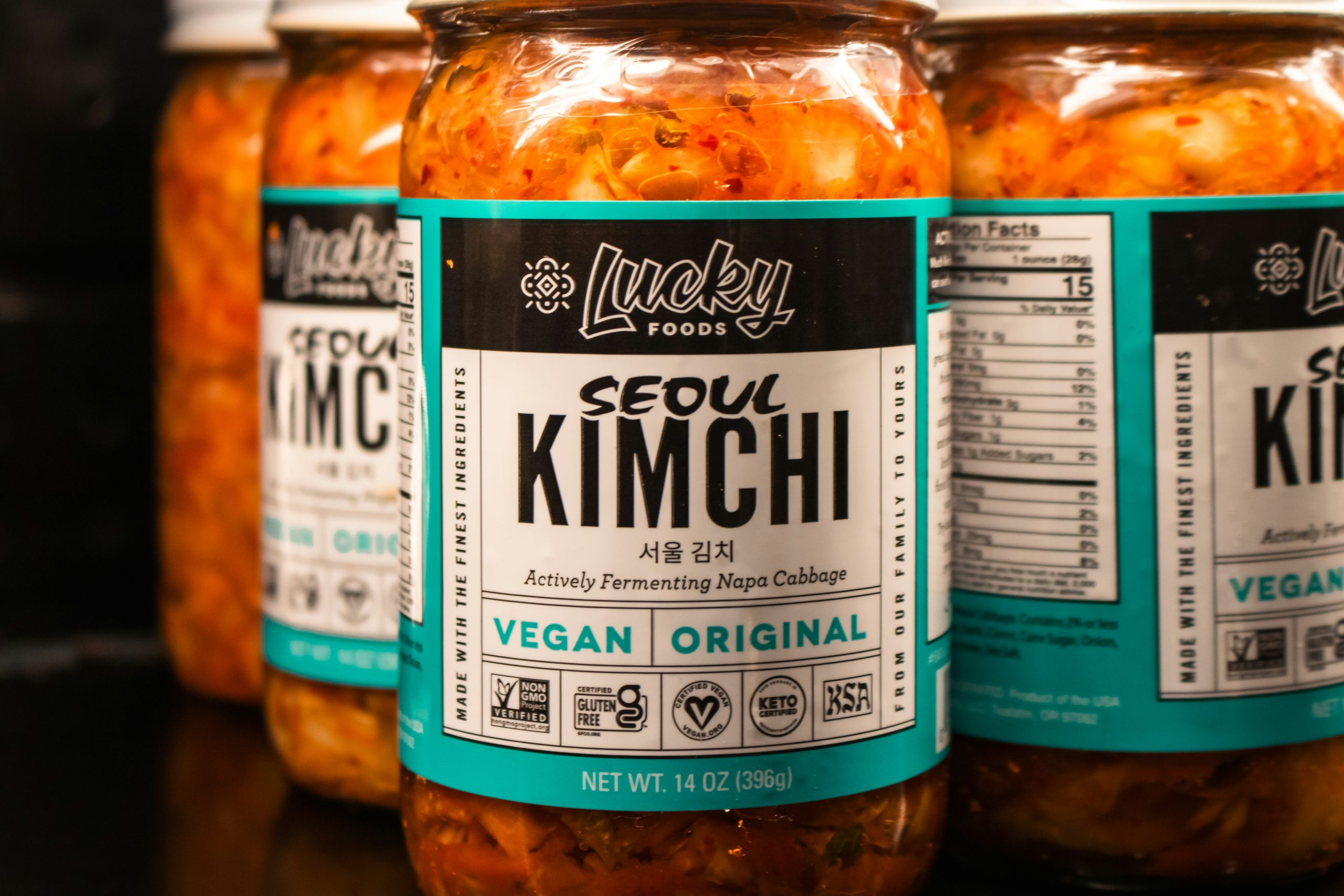Adaptogens in Everyday Meals: Foods for Stress Management
In today’s fast-paced world, stress has become an inevitable part of our daily lives. From work pressure to personal responsibilities, the constant hustle and bustle of modern life has left many of us feeling overwhelmed and exhausted. While there is no way to completely eliminate stress, there are certain ways we can adapt to it and manage it better. One such way is by incorporating adaptogens in our everyday meals. In this article, we will explore the concept of adaptogens and how they can help us combat stress and lead a healthier life.
What are Adaptogens?
Before we dive into how adaptogens can benefit us, let’s first understand what they are. Adaptogens are non-toxic plants or herbs that are known for their ability to help the body adapt and cope with stress. These natural substances have been used for centuries in traditional medicine practices, particularly in Ayurveda and Chinese medicine. The term ‘adaptogen’ was coined in the 1940s by Russian scientist Nikolai V. Lazarev, who studied the effects of certain plants on the body’s stress response.
Why Include Adaptogens in Everyday Meals?
You may be wondering why we should bother incorporating adaptogens in our meals when we already have a busy schedule. Well, the answer is simple – adaptogens help our bodies adapt to stress more efficiently, allowing us to better manage its effects. They do this by regulating our body’s stress response system and increasing our resistance to physical, chemical, and biological stressors.
Benefits of Adaptogens for Stress Management
Now, let’s take a look at some of the specific benefits of using adaptogens for stress management:
1. Reduces Stress and Anxiety
One of the main reasons why people turn to adaptogens is to alleviate stress and anxiety. These natural substances help to balance the levels of cortisol in our body, which is a hormone released in response to stress. By regulating cortisol levels, adaptogens help us feel more calm and relaxed, reducing the impact of stress on our bodies.
2. Boosts Energy and Stamina
Chronic stress can often leave us feeling fatigued and drained. Adaptogens, such as ashwagandha, ginseng, and maca, have been shown to improve our energy levels and increase endurance. They work by supporting our adrenal glands, which are responsible for producing hormones that regulate energy and metabolism. This, in turn, helps us fight feelings of exhaustion and fatigue caused by stress.
3. Enhances Mental Clarity and Focus
Stress can also affect our cognitive abilities, making it difficult to concentrate and think clearly. Adaptogens have been found to improve mental focus and clarity by reducing brain fog and enhancing cognitive function. This is particularly beneficial for those who have high-stress jobs or are studying for exams.
4. Balances Mood and Improves Sleep
Another common effect of stress is mood swings and disrupted sleep patterns. Adaptogens can help stabilize our mood by regulating our body’s production of serotonin and dopamine, which are neurotransmitters responsible for our emotions. They also promote better sleep by reducing stress and anxiety, allowing us to get the rest we need to function properly.
Incorporating Adaptogens in Everyday Meals
Now that you know the benefits of adaptogens for stress management, you may be wondering how you can incorporate them into your daily meals. The good news is that adaptogens come in various forms, such as powders, teas, and capsules, making it easy to include them in your diet. Here are some simple ways you can add adaptogenic foods to your meals:
1. Smoothies
Add a spoonful of adaptogen powder, such as spirulina or chlorella, to your morning smoothie for a healthy boost of energy and nutrients. You can also add adaptogenic mushrooms, such as reishi or lion’s mane, for an extra dose of stress relief.
2. Soups and Stews
Sprinkle some adaptogenic herbs, like turmeric or ginger, into your soups or stews for added flavor and stress-reducing benefits. Mushrooms, such as cordyceps and shiitake, are also great additions to savory dishes.
3. Desserts
You can even add adaptogens to your sweet treats! Some adaptogenic herbs, like holy basil and rose hips, can be used in baking and cooking. You can also add adaptogen powders to your desserts, such as matcha or cacao, for a healthier option.
Conclusion
Incorporating adaptogens in our everyday meals is an excellent way to manage stress and maintain a healthy lifestyle. However, it is essential to remember that adaptogens are not a magical cure for stress, and it is still crucial to adopt other stress-reducing practices in our daily lives. So next time you’re feeling overwhelmed, try incorporating some adaptogenic foods into your diet and see the positive effects they have on your mind and body.
Remember to always consult a healthcare professional before making any significant changes to your diet, especially if you have a pre-existing medical condition or are taking any medication. With the right approach, we can use adaptogens to our advantage and lead a more balanced and stress-free life.









